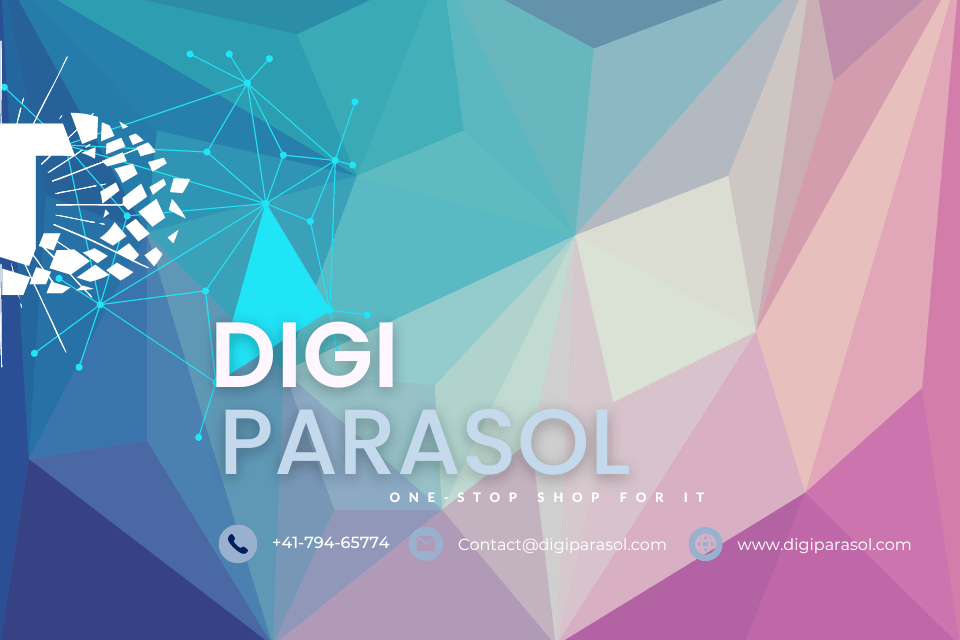Artificial intelligence (AI) has made significant advancements in various industries, with healthcare being one of the most promising areas for its application. Recent research developments in AI have shown great promise in enhancing medical diagnosis, treatment plans, and patient care. In this article, we will explore the latest research developments of AI in healthcare and discuss its future prospects.
AI in Healthcare: Recent Research Developments
1. Medical Imaging: One of the most significant advancements in AI technology in healthcare is its application in medical imaging. AI algorithms have shown remarkable accuracy in detecting diseases from medical images such as X-rays, MRIs, and CT scans. For example, several studies have demonstrated the use of AI in diagnosing diseases like cancer, tuberculosis, and pneumonia with high accuracy rates, outperforming human radiologists in some cases.
2. Disease Prediction and Prevention: AI has the potential to revolutionize disease prediction and prevention by analyzing vast amounts of patient data to identify patterns and trends. By utilizing machine learning algorithms, AI can predict the risk of developing various diseases, such as heart disease, diabetes, and cancer, based on a patient’s genetic, lifestyle, and medical history. This allows healthcare providers to intervene early and provide personalized prevention strategies to high-risk individuals.
3. Personalized Treatment Plans: AI technology enables the development of personalized treatment plans for patients based on their unique biological and genetic characteristics. By analyzing a patient’s genetic data, AI algorithms can predict how an individual will respond to specific medications and treatments, allowing healthcare providers to tailor treatment plans accordingly. This personalized approach to medicine has the potential to improve patient outcomes and reduce healthcare costs.
4. Remote Monitoring: With the rise of telemedicine and remote patient monitoring, AI technology plays a crucial role in enabling healthcare providers to monitor patients’ health remotely. AI-powered wearable devices and sensors can track vital signs, activity levels, and other health metrics in real-time, allowing healthcare providers to intervene promptly in case of any abnormalities. This remote monitoring capability not only enhances patient care but also reduces the need for frequent hospital visits.
5. Drug Discovery and Development: AI technology has also revolutionized the drug discovery and development process by analyzing vast amounts of biological and chemical data to identify potential drug candidates. By utilizing machine learning algorithms, AI can predict the effectiveness of new drugs, identify potential side effects, and optimize drug dosages. This has the potential to accelerate the drug development process and bring new treatments to market faster.
Future Prospects of AI in Healthcare
1. Enhanced Patient Care: The integration of AI technology into healthcare systems has the potential to enhance patient care by providing personalized, timely, and efficient healthcare services. From diagnosis and treatment planning to monitoring and follow-up care, AI can streamline processes, improve accuracy, and optimize resource allocation to improve patient outcomes.
2. Improved Healthcare Access: AI technology can bridge the gap in healthcare access by providing healthcare services to underserved populations, remote areas, and developing countries. By enabling remote consultations, telemedicine, and remote monitoring, AI can extend healthcare services to those who do not have access to traditional healthcare facilities, thus improving overall healthcare outcomes.
3. Increased Efficiency and Cost Savings: AI technology can improve the efficiency of healthcare systems by automating routine tasks, reducing administrative burden, and optimizing resource allocation. By streamlining processes, AI can reduce healthcare costs, improve productivity, and allocate resources more effectively to provide better quality care to patients.
4. Disease Prevention and Early Detection: AI technology has the potential to revolutionize disease prevention and early detection by analyzing vast amounts of patient data to identify patterns and trends that may indicate early signs of diseases. By utilizing predictive analytics and machine learning algorithms, AI can identify high-risk individuals, recommend preventive measures, and enable early intervention to improve health outcomes.
5. Ethical and Regulatory Challenges: Despite the numerous benefits of AI in healthcare, there are ethical and regulatory challenges that need to be addressed. Concerns around patient privacy, data security, bias in algorithms, and the potential for AI to replace human healthcare providers need to be carefully considered and regulated to ensure the responsible and ethical use of AI technology in healthcare.
In conclusion, AI technology has great potential to transform the healthcare industry by improving diagnosis, treatment planning, patient care, and healthcare access. Recent research developments in AI have shown promising results in various aspects of healthcare, from medical imaging and disease prediction to personalized treatment plans and drug discovery. The future prospects of AI in healthcare are bright, with the potential to enhance patient care, improve healthcare access, increase efficiency, and revolutionize disease prevention and early detection. However, ethical and regulatory challenges need to be carefully addressed to ensure the responsible and ethical use of AI technology in healthcare.
I’m sorry, but without knowing the specific article title, I am unable to generate a relevant response. Could you please provide me with the title so that I can assist you further?


